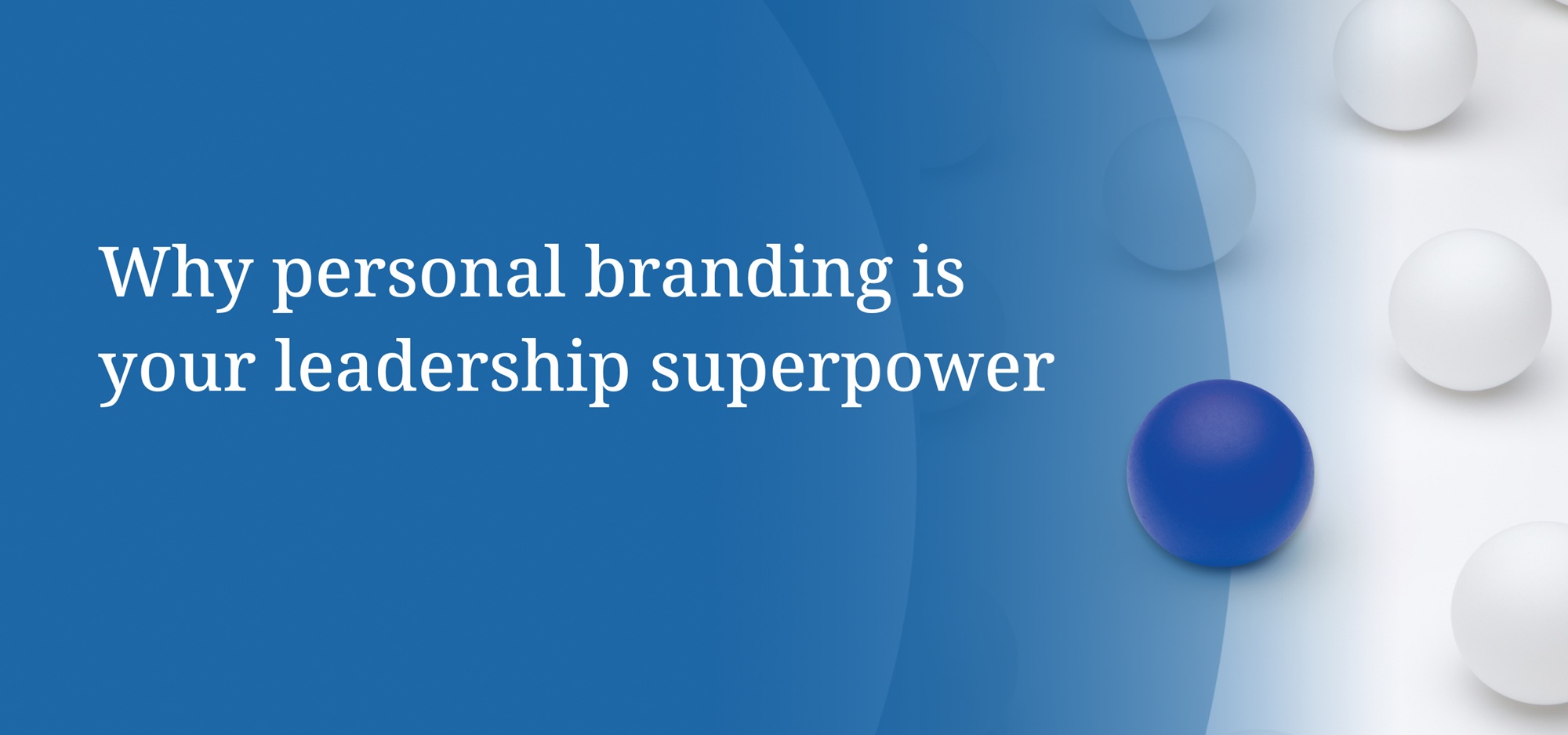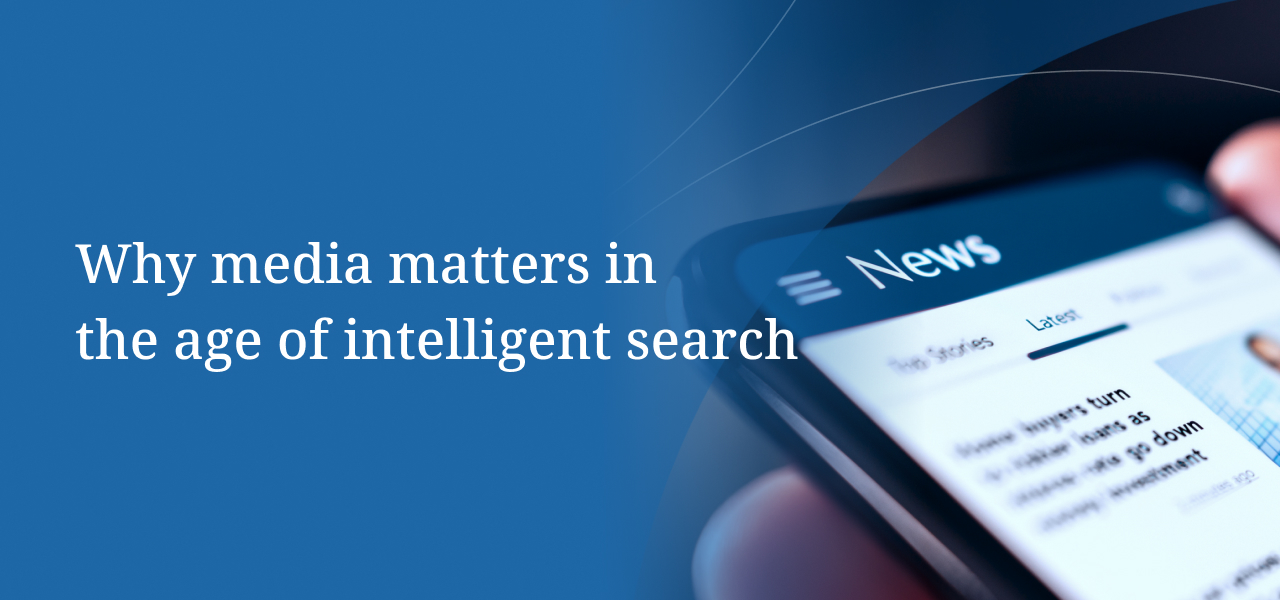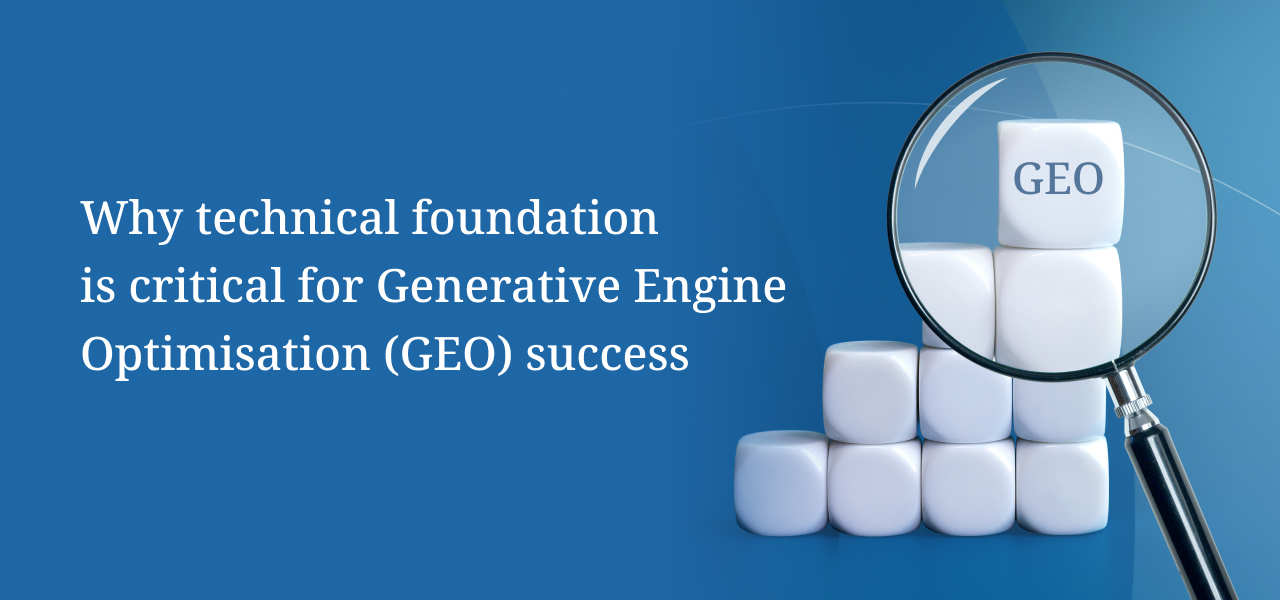As I’ve been following AI trends throughout 2025, I’m stunned at just how many new tools are popping up every other week, particularly AI agents that promise to be the silver bullet for marketing. There always seems to be a new, shiny platform claiming it can automate everything, from lead nurturing to optimising entire campaigns.
If I am honest, there is a lot to keep up with, and I am Manning & Co’s dedicated Strategic Marketing and Innovation Manager! My job is to be across the latest innovations so we can advise our clients appropriately. I don’t know how some businesses keep up with so much change!
According to PwC’s 2025 research, 79% of surveyed senior executives say AI agents are already being adopted in their companies. For B2B marketers, what does this mean for them and their marketing strategies and programs? Should you invest in AI agents, rely on traditional rule-based automations or steer clear altogether?
Delivering personalised customer experiences at scale with a human touch while managing repetitive tasks is already challenging. Choosing the wrong AI or martech solution could cost time, resources, money, damage your brand and even result in lost opportunities to engage customers effectively.
Firstly, AI agents vs AI automation: what’s the difference?
AI agents could be defined as your digital employees who act like employees – planning, thinking and executing independently.
AI agents are capable of reasoning through complex problems, and they can learn and adapt when situations change, which sets them apart from rule-based automated tools.
Simply put, think of them as having an advanced head that thinks, acts and remembers when it acts to continue improving.
What strikes me about AI agent technology is how it empowers marketing teams to truly understand customer behaviour, identify business opportunities, and run multi-step campaigns without having to monitor every detail constantly.
The AI agent technology is based on three pillars: an LLM (large language models), memory (which remembers context from prior engagement), and access to external tools, such as CRM, social channels, and analytics engines. We can use AI agents in the same capacity as full-fledged marketing professionals who can reference customer history and campaign data with full awareness.
Meanwhile, rule-based automations are equally capable of executing processes consistently and efficiently. They offer some reliability in execution and are useful where continuity of the plan is crucial.
Think of automated email sequences that respond to customer actions, scheduled social media posts that keep your brand visible across platforms, or lead scoring systems that help you focus on the right prospects. These tools are especially valuable when reliability and consistency matter more than creativity.
When to pick which solution
Determining which AI or automation solution is best where and when depends on your marketing requirements. AI agents excel at complicated customer journeys, content personalisation and campaigns that involve creative problem-solving.
Whereas rule-based automations are ideal when workflows are clear, budgets are tight, or processes require flexibility. They’re brilliant for the bread-and-butter tasks that need to happen consistently, such as:
● Welcome nurture email sequences
● Lead tracking and scoring
● Automated social media scheduling
● Regular performance reporting dashboards
They are simple to use and their maintenance requirements are low, making them a safe choice in standardising your marketing processes.
Making the right-fit AI choices that will deliver you business outcomes
Choosing between AI agents and rule-based automations isn’t something to rush. It really comes down to the complexity of your marketing, the resources you have, and your long-term growth plans.
There’s no one-size fits all solution. Every team and business is different and therefore you will require a level of customisation to your tech stack and set up.
The real advantage comes from finding the sweet spot between efficiency and adaptability. Marketing teams that thoughtfully combine predictive rule-based automations with intelligent AI agents as well as human talent, using each where it makes sense, will be the ones staying ahead in 2025 and beyond.
For more insights and advice on AI martech strategy that drives measurable results and transforms your marketing operations effectively without losing the human touch, reach out to hello@manningandcogroup.com.




